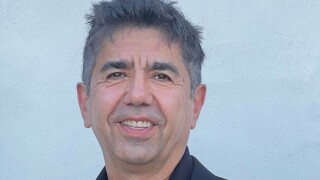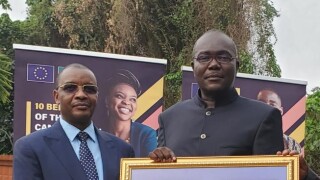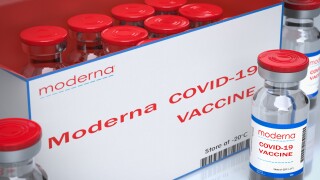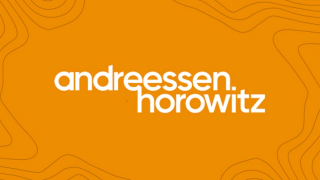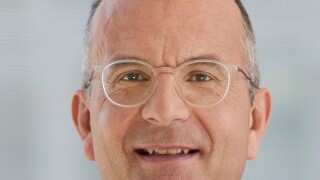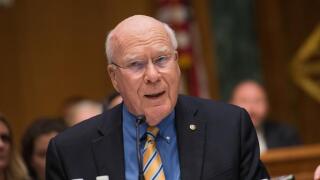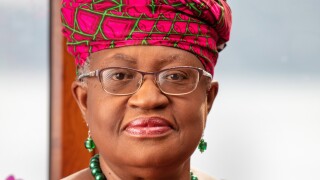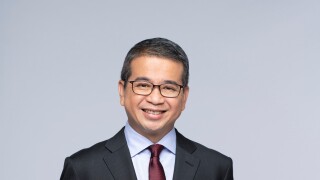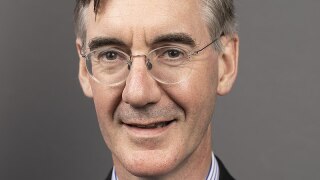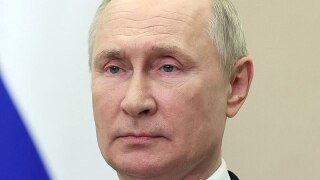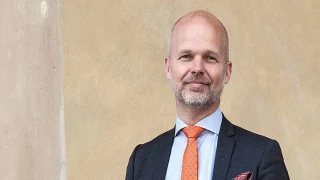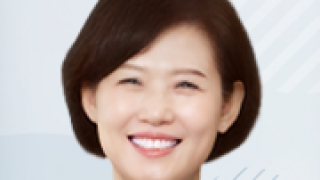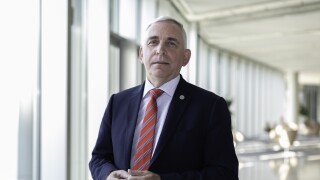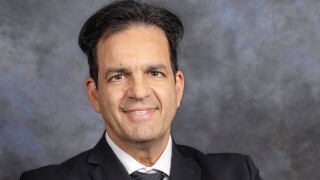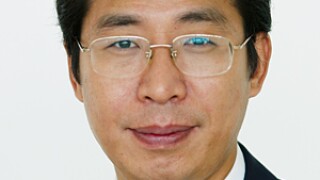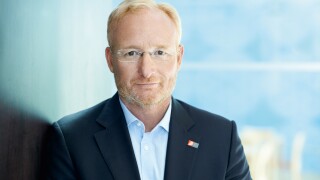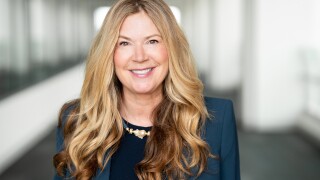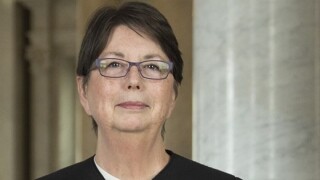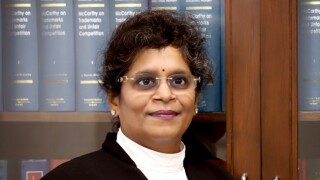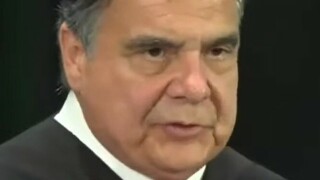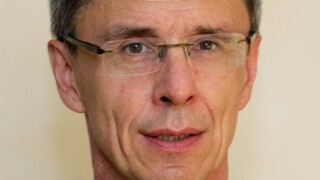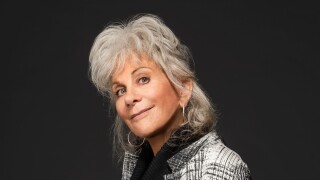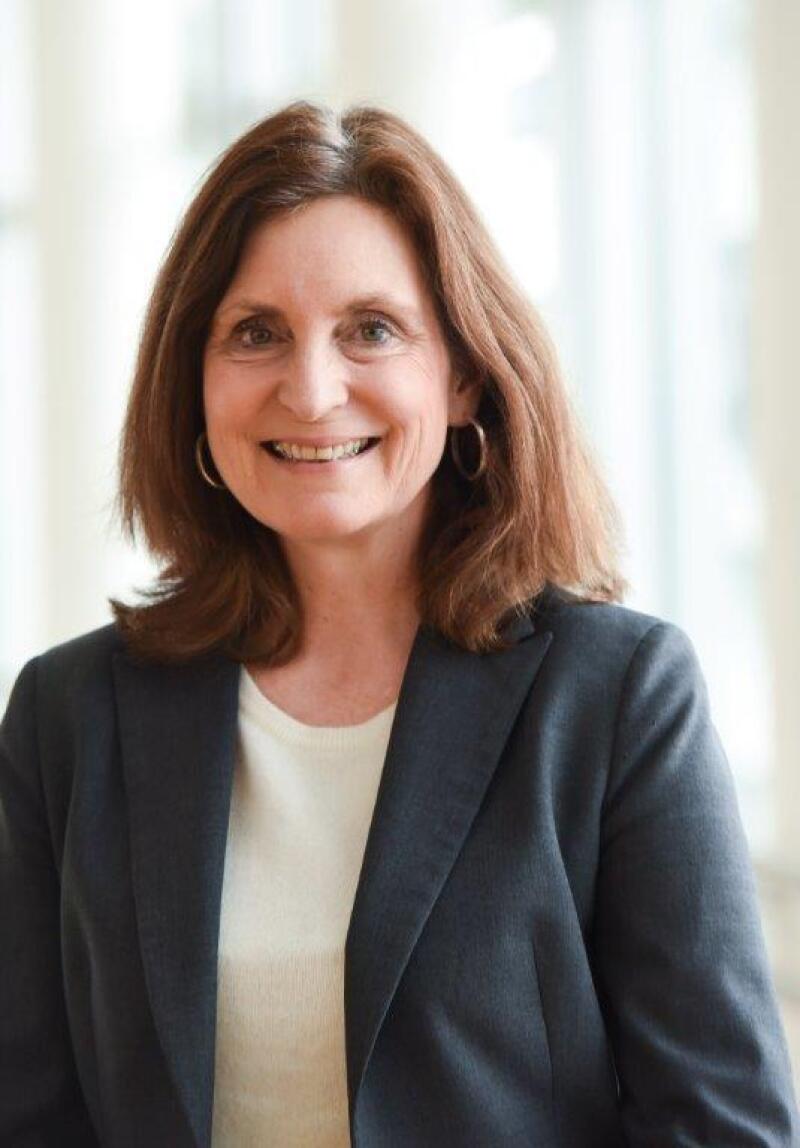
The European Commission laid down a marker in the field of standard essential patents this year.
With so many plates spinning – different initiatives and policy reviews – it’s rare that the EU doesn’t have something of note to say on SEPs in a given year.
But the consultation on a new framework for SEPs, issued by the Directorate General for Internal Market, Industry, Entrepreneurship and SMEs (DG Grow) in February, was especially significant.
The document indicates the sorts of SEP issues that DG Grow, under the leadership of director general Kerstin Jorna, considers to be the worthiest of attention.
And in a field as contentious as SEPs, the key is identifying where the problems lie.
Patent owners, implementers, and other stakeholders each gave their own, probably contradictory, views on that question during the call for evidence between February and May.
We will know the outcome, and DG Grow’s own view, by the end of the next year – but for now, the consultation documents provide some clues.
We know DG Grow is concerned with a lack of transparency in SEP licensing, including around how many patents are truly standard essential.
It’s also difficult for patent owners and implementers to calculate royalty rates, as there is hardly any publicly available information on SEP deals.
That lack of transparency and common reference point only makes litigation harder to avoid.
DG Grow’s willingness to tackle these issues is significant in and of itself. After all, the current US policy is not to have a policy since the withdrawal of the Department of Justice’s 2019 statement.
Jorna, a former director of IP policy at DG Grow, is now best placed to steer the global conversation on SEPs.






